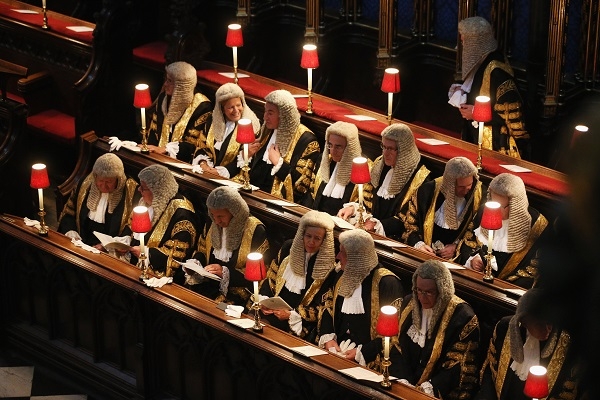What have the Churchill £5 note, the Home Office ‘racist vans’ and the ‘Bedroom Tax’ got in common? All were alleged breaches of section 149 of the Equality Act 2010, which provides that public authorities are under a duty to have ‘due regard’ to preventing discrimination and advancing equality.
Dropping Elizabeth Fry from banknotes was said to be a breach of s149 by the campaign to bring a judicial review. They quickly secured the £10 note for Jane Austen. But as litigants, they would have been in good company. Section 149 was used by the Fawcett Society to challenge the 2010 Budget’s impact on women. It was also the legal basis for the attempt to quash the introduction of £9,000 university fees, challenging the withdrawal of the Independent Living Fund, and trying to block High Speed 2.
Of the 60-or-so reported cases where s149 has been pleaded, two things stand out. First, it’s a makeweight pleading: lawyers usually plead it last, in the alternative, because they know it’s their weakest argument. Second, it almost never works, and even where it succeeds, it is a superfluous score.
So far in 2013, s149 has been pleaded in 12 reported cases – ranging from Housing Benefit cuts, to GCSE English grading, to a 15-year-old in breach of his bail conditions challenging his post-arrest detention. In the only case this year where claimants succeeded in showing a breach of s149, they had already succeeded on their previous five grounds of challenge. In 2012, it succeeded in less than a third of reported cases, usually where other arguments had already sealed victory. The defeats included an attempt to prevent a Jewish free school from being built on the site of a garden centre.
The danger of s149 is that it is as potent to political activists as it is ineffectual for legal advocates. Judicial review is supposed to be a check on executive power, but it has always been a canny way for campaigns to hit headlines. Any hopeless cause can now stick the golden horn of s149 on its forehead and pretend to be a legal unicorn, at least for as long as it takes to get on the 6 o’clock news.
In relying on the Equality Act as a legal magic wand – to demand the banning lads’ magazines from supermarkets, or force Twitter to improve abuse reporting, even to cast Doctor Who – activists allow the impression that the courts can be used to serve nakedly political ends. It wilfully confuses issues that should be decided by election winners of whatever tribe, with matters which are amenable to judges’ decisions.
Even if the PR tactic was legitimate, in the current climate it only gives grist to Chris Grayling’s mill for cutting back on access to judicial review more generally. If that wrong-headed policy is implemented, it will – like the legal aid cuts – hurt primarily those most in need of the Equality Act’s protection.
Judicial review is a tempting tactic for political types, and the Equality Act makes it far easier to corral a cause into a cause of action. Lord Justice Laws has said that judicial restraint kept s149 in its ‘proper place’. Perhaps we might go further, and ask whether s149 actually has any useful place at all.
Greg Callus is a barrister and legal journalist






Comments